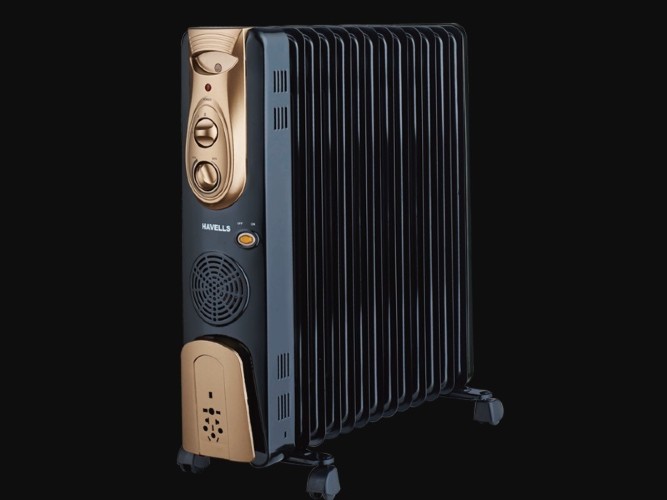
Winter is around the corner and blankets and woolen clothes are certainly the first preference. You might lie down under layers of blankets to keep yourself warm during cold and chilly days, but staying in bed all day is not an option for long. A room heater is the best alternative you can use to fight the cold.
However, there are many speculations people make about using or buying a room heater. This article is meant to clear all the doubts you might have regarding room heaters.
Here are 12 things to know about room heaters before you put your money into it
1. Types of heaters:
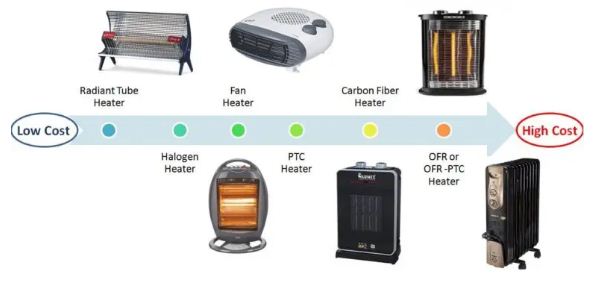
There are two types of heaters in the convection room and incandescent. Depending on which heater you can choose. If you want the entire room to stay warm for a longer period, a conveyor will suit your needs. If you want a heat target (a bed or a chair), then you should go for radiant heaters. Lighting heaters also heat up when the area is heated.
2. Size:
The size of the room is important when you are planning to buy a heater. Check the specifications to find out what works best for you. As a rule of thumb, a 1,500-watt heater should be sufficient for a large room. This will vary slightly depending on the type of heater.
3. Safety:
This is one of the most important of the12 things to know about a room heater. Apart from safety tips such as not using an extension cord, it may overheat and cause a fire, and do not place the heater on carpet or any other flammable surface. You are looking for some safety features in the heater. You can go to the heater, and it will turn off automatically when it is scorching. Keep your temperature moderate and do not leave children alone in a heater room
4. Power used by the heater:
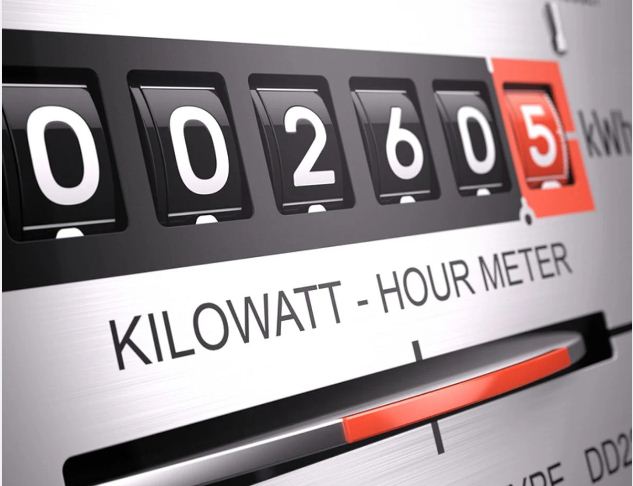
If you are concerned about saving energy and want a lower electricity bill, comparing performance before choosing a room heater is a good idea. Although portable electric heaters do not currently have the same level of performance as EER ratings are found in portable AC systems, the operating cost of the heater can be easily calculated using the simple formula.
To avoid increasing your electricity bills, it is important to choose the right room heater. Also, special features such as energy-saving systems, adjustable thermostats, low voltage, and programmable timers can help reduce power consumption and contribute to the functioning of the economy.
5. Safety first
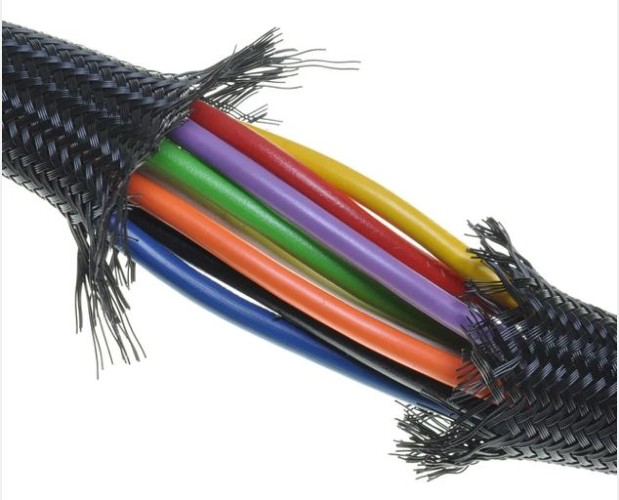
According to the National Fire Safety Association, room heaters account for one-third of all domestic fires and four to five deaths from home heat. The most important part is to ensure that your home smoke alarm is working properly.
6. Check shaft and room heater extension cord
Check the shaft for cracks and make sure the plug is not damaged, including any room heater extension shafts you use. When inserting, make sure the connection is secure. Loose connection fires are dangerous and inherently dangerous. If the shaft or plug is closed or damaged, do not use a room heater. Fix a loose shaft using these tips.
7.Do not leave the room heater switched on
When You leave a room, turn off the room heater. Turn off the heater at bedtime and do not allow pets or children to play too close to the heater. Baby proof your home heater with these tips.
8. Noise level
Like most electrical appliances, many small heaters emit some noise. However, some models make more noise than others. So, choose room heaters to improve whole room heating with less noise interference. Lightroom heaters work well as quiet room heaters for bedrooms and offices.
9. Never use an extension board for room heaters
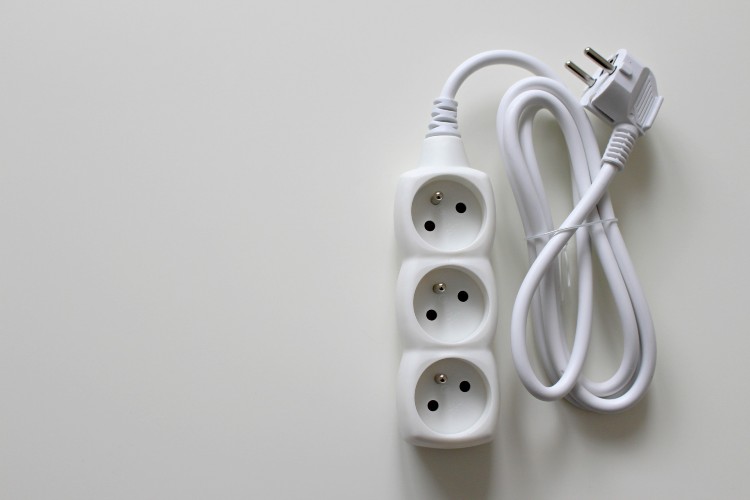
Never use an extension cord or power strip to reduce the power of the room heater as these can cause excessive heat and fire. Learn how to add an external outlet.
10. Heating Capacity
When looking for a private room heater, one of the most important things to look for in a room heater is where the heater fits. This is determined by the rating of the heater voltage.
Typically, a room heater uses 10 watts of thermal energy to heat every part of your space. This means that a 1,500-watt heater would occupy approximately 150 square feet of room when used as an additional heat source. However, this rule does not apply to every model. Heating Techniques Depending on your indoor environment and usage, some smaller heaters will take up more space.
11. Keep distance
Ensure those room heaters are kept at least 3 feet away from flammable materials, including rags, clothes, and paper. Also, this is a very useful way to stop house fires.
12. Security features
Small heaters tend to burn easily if not monitored properly. Therefore, it is necessary to consider Security. To reduce the risk of fire, many manufacturers cool their electric heaters. For tactile surfaces and some other safety features and safe operation. Some room heaters have an internal switch that turns off the heater automatically when Touched or taped. High thermal protection is added, another very important function of protection
In most room heating units, this switch will act as a sensor that automatically turns off the heater When internal components reach unsafe temperatures.
Final words
The most important thing when purchasing a room heater is the size of the place you want to heat and the type of heater such as fan pressure, forced, radiant, and micro dermic heating type. Other considerations include safety and comfort features.
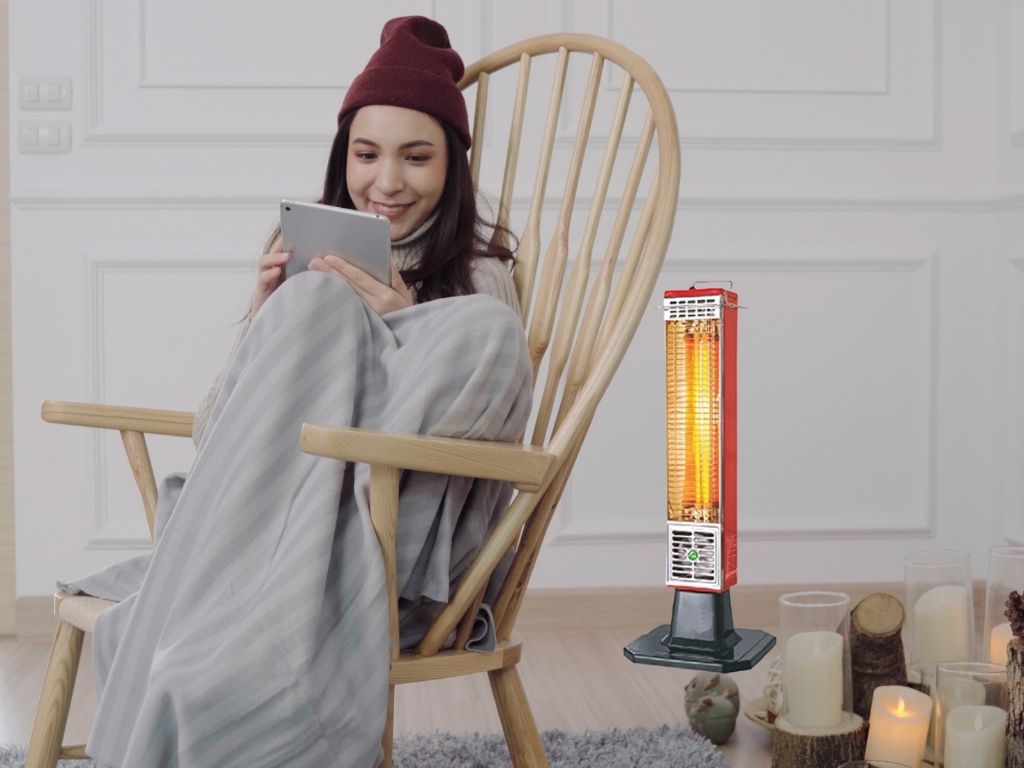
 Mar 24, 2021
Mar 24, 2021  Mar 24, 2021
Mar 24, 2021  Mar 24, 2021
Mar 24, 2021  Mar 9, 2021
Mar 9, 2021  Mar 9, 2021
Mar 9, 2021